Dreamzs of lower construction costs for prospective homeownership may become a nightmare, going by the fresh increase in the price of cement by producers, last week.
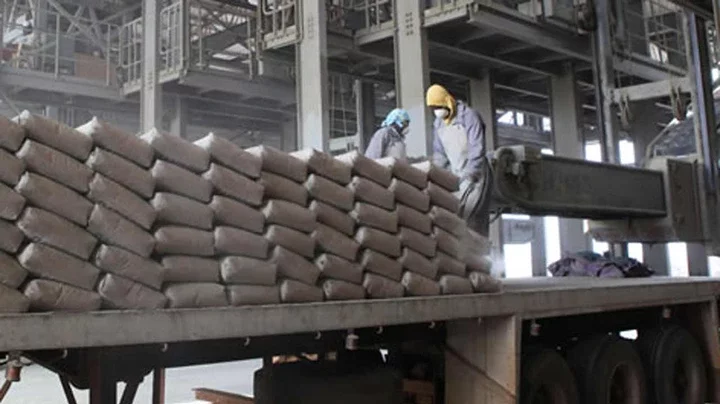
Dreams of lower construction costs for prospective homeownership may become a nightmare, going by the fresh increase in the price of cement by producers, last week.
The development has already triggered a ripple effect in the open market, with prices going up by about 30 per cent in a few days; some property developers have already halted their construction activities, and are reviewing off plan sales, while others are seeking variation in contracts.
Investigations revealed that operators under the Cement Manufacturers Association of Nigeria (CMAN) have raised prices of brands by over N1,000 per bag. This has increased retail prices from N5, 000 to N6, 200 or more in Lagos and Southwest region. In Southeast and Abuja, prices have shot up to N6, 500 or higher.
The development has already affected prices of sandcrete blocks. Block makers have increased their prices from N450 to N500 for a six inches block, while the price of a nine-inch block rose from N550 to N600 per block. The price of ready-mix concrete has also increased, while the cost of in-situ production of concrete will rise significantly. Such an increment will worsen the economic situation as prices of new homes and rents will rise, including maintenance cost.
The Nigerian cement industry has three major players with Dangote Cement Plc being the leader, wielding 60.6 per cent of the market share with a local installed capacity of 29.3 million MT. Lafarge Africa Plc has 21.8 per cent share with a production capacity of 10.5 million MT, while BUA Group accounts for 17.6 per cent share.
Members of the CMAN include Dangote Cement Plc, which is emerging as a market leader and has factories in Gboko, Benue State; Obajana, Kogi State; and Ibeshe, Ogun State. Others are Lafarge Africa Plc; Ashakacem Plc and Cross-River based United Cement Company, under the Lafarge Africa brand and BUA Cement Plc.
Sources disclosed that the hike is not unconnected to the difficult operating environment, as the manufacturers have had to contend with dwindling capacity utilisation of their plants, due to disruptions in gas supply, while the high cost of Automotive Gasoline Oil (AGO), known as diesel, which used to sell between N800 to N1, 055 per litre (now N1, 300 per litre), has made alternative power supply unbearable.
Reports show many of the firms struggle between balancing rising input cost pressures and passing the inflationary pressures on already constrained consumers by raising prices of some products. Some of the input cost pressures being encountered by many manufacturers border on foreign exchange losses on dollar loans, inability to access foreign exchange, high cost of production, as well as poor electricity supply and tariff hike.
Others are prolonged gas supply shortages, which force companies to rely on more expensive backup, monetary policies, and constrained consumer purchasing power.
Past president, Nigerian Institute of Building, Kunle Awobodu, told The Guardian: "Frequent increase in building materials is bad to the economy. This is going to create a crisis in the construction sector and bad blood between clients and contractors, as developers will make claims for fluctuations.
"Invariably, it will lead to upward reviews of contract sums. New and on-going projects will be delayed until there is agreement on the contract variations. It can also expedite construction activities because of the anticipation of further increase."
The Building Collapse Prevention Guild (BCPG) had earlier appealed to President Bola Tinubu to intervene and avert an impending increase in the price of cement. In a statement issued recently by the National President, Sulaimon Yusuf and General Secretary, Mrs Adenike Ayanda, the group said: "Any further increase in the price of cement will be a direct threat to the 'Renewed Hope' Housing Programme of the Federal Government.
"Completion of ongoing building projects might be jeopardised by the impending hike in the price of cement. Buildings abandoned during the process of construction aggravate the risk of building collapse. With the dwindling purchasing power, new buildings might lack patronage and occupants due to high rental value.
They said cement is an essential ingredient in the production of buildings, adding, "Frequency in the increase of its price has impacted negatively in the nation's housing sector. Experience has shown that high prices of cement tend to encourage reduction in the quality of building production. The consequence of this is the emergence of weak buildings that intensifies the occurrence of building collapse."

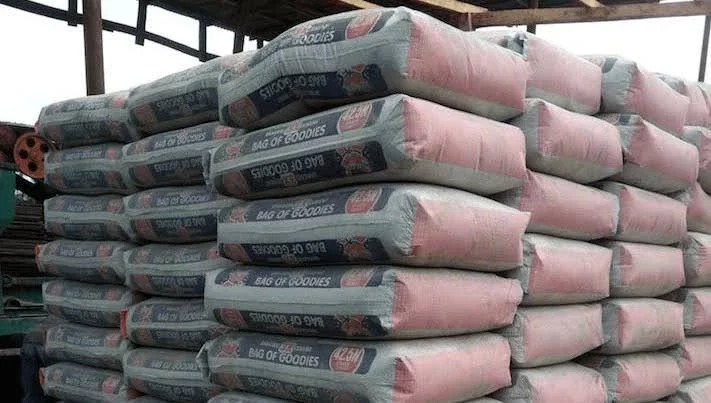
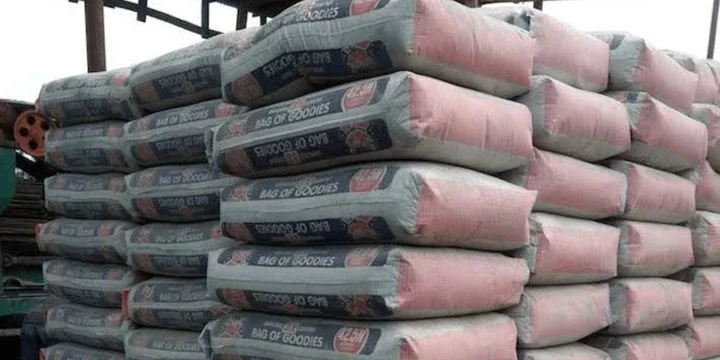
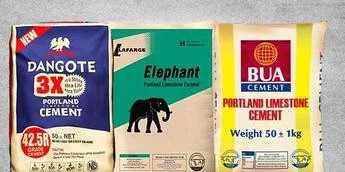





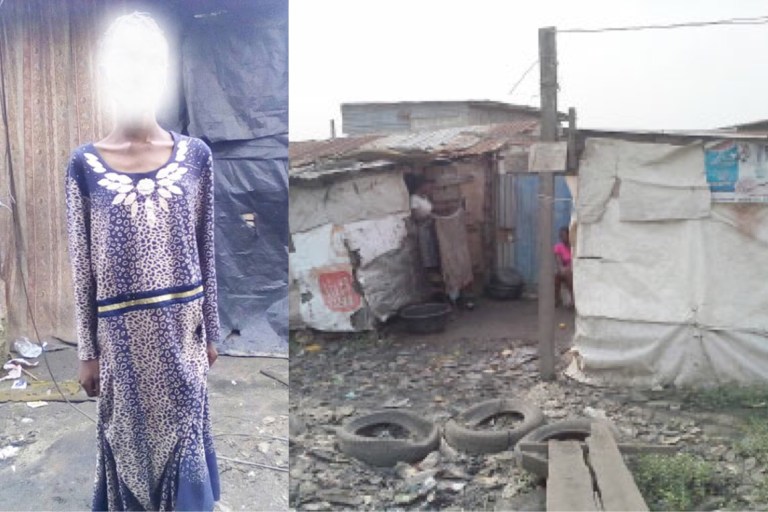


Comments